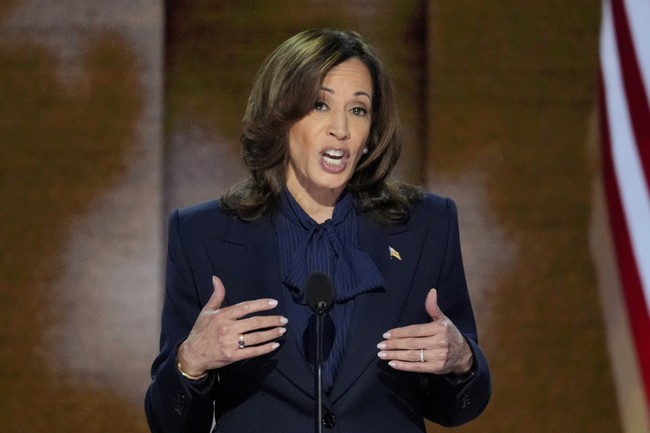Political Turmoil in Israel Over Gaza Ceasefire
A contentious ceasefire agreement with Hamas has ignited political upheaval in Israel, causing multiple resignations and threats of government collapse within Benjamin Netanyahu's administration.
Published January 20, 2025 - 00:01am

Image recovered from tass.com
The political landscape in Israel is in turmoil following a contentious ceasefire agreement with Hamas. The agreement, which has been heavily criticized by members of the far-right factions within the Israeli government, has prompted a series of resignations and threats to the stability of Prime Minister Benjamin Netanyahu's coalition.
The ceasefire deal, aimed at pausing the hostilities between Israel and Hamas, has been a point of contention for a faction of Israel's ruling coalition, notably the Otzma Yehudit party. Israeli National Security Minister Itamar Ben-Gvir, leader of Otzma Yehudit, announced his resignation alongside other ministers, citing the ceasefire as unacceptable. Ben-Gvir threatened that should the government approve the deal, his party would withdraw from the coalition.
This series of resignations includes notable figures such as Yitzhak Wasserlauf and Amichai Eliyahu, among others, who belong to the ultra-right faction within the government. This withdrawal weakens Netanyahu's government, as Otzma Yehudit plays a critical role in maintaining the coalition's majority. Despite the resignations, Netanyahu retains a fragile majority, backed by other coalition partners.
The Israeli government, led by Prime Minister Netanyahu, now faces the challenge of proceeding with the ceasefire agreement amidst internal dissent. The agreement entails a phased release of hostages and detainees, a move criticized by Ben-Gvir and other right-wing ministers, who argue it undermines Israel's security and may empower Hamas.
In a parallel political move, Bezalel Smotrich, leader of the Religious Zionist Party, has issued a severe warning to Netanyahu, claiming he would move to bring down the government if military actions against Hamas are not intensified. Smotrich advocates for a more aggressive military strategy, including the reoccupation of Gaza, to ensure Israeli security and complete victory over Hamas.
The opposition, led by Yair Lapid, has offered conditional support to Netanyahu's government to push through the ceasefire agreement, providing a safety net against political instability. This gesture reflects the complex dynamics within Israeli politics, where security and ideological beliefs often influence alliances.
As the political events unfold, Israel's stance in the Middle East remains precarious. The resignations underline the challenges Netanyahu faces from within, as far-right elements push for a more hawkish approach towards Gaza, contrasting with attempts at diplomatic resolution.
The situation continues to develop, with potential implications for both domestic politics in Israel and the broader geopolitical climate in the region. Observers are watching closely to see whether this internal discord will lead to a realignment of political forces within Israel.






